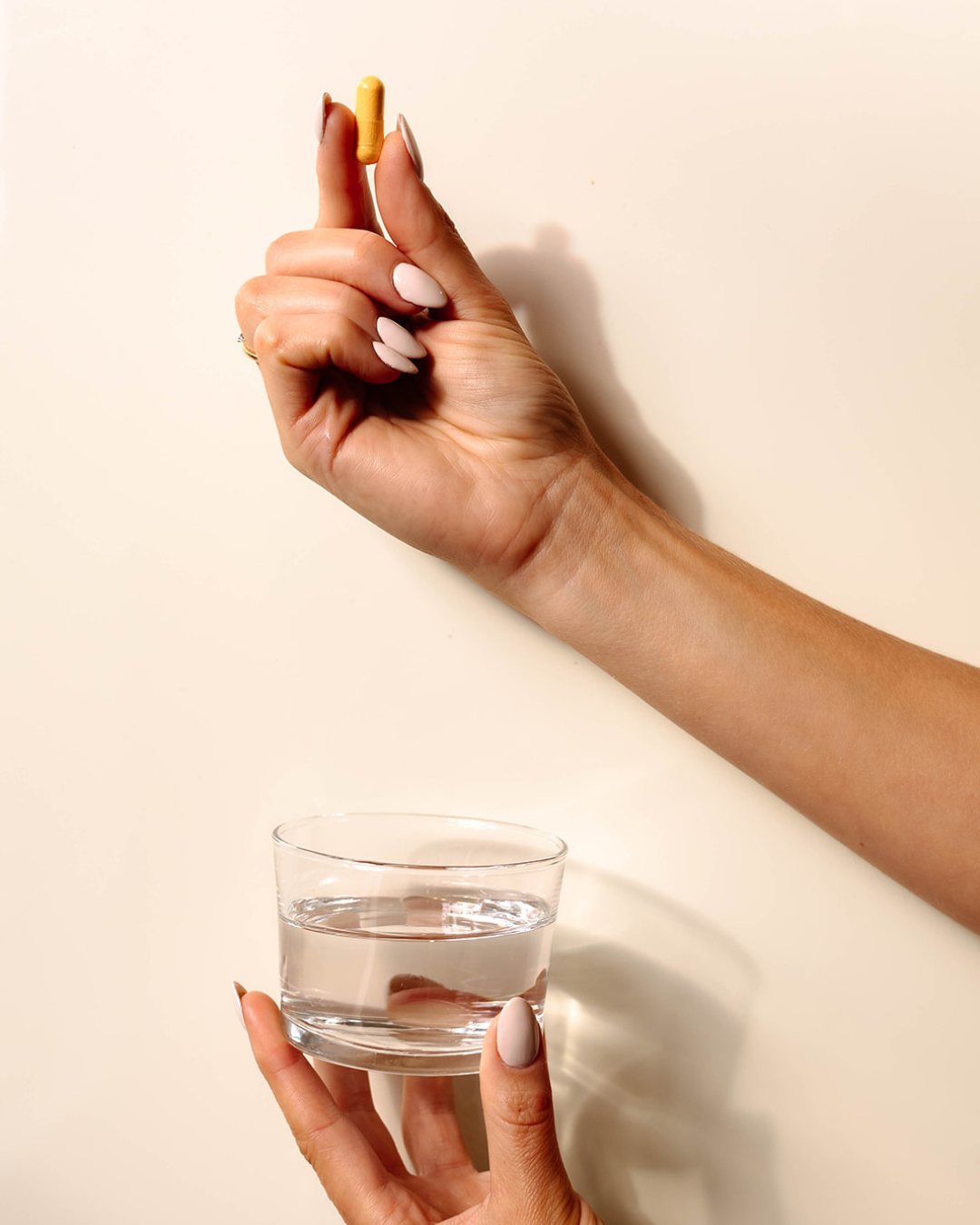Let’s get real: time waits for no one, and neither do our eggs. 🥚 While we can’t exactly hit the pause button on ovarian ageing, there’s some exciting science showing that Coenzyme Q10 (CoQ10) could help keep your eggs happier, healthier, and potentially more resilient.
What is CoQ10, anyway?
CoQ10 is a naturally occurring antioxidant found in every cell in your body. Think of it as the spark plug for your mitochondria - the powerhouse of your cells. It helps produce energy, fight oxidative stress, and keeps your cells firing on all cylinders. ⚡️
Here’s why that matters for your eggs: as we age, the number and quality of eggs decline, and oxidative stress, basically free radicals running wild in our body causing damage, can accelerate that process. Enter CoQ10. By supporting cellular energy and reducing oxidative stress, CoQ10 can protect eggs from that age-related decline.
The science behind CoQ10 and egg quality
Research in both animals and humans shows promising results:
-
A 2012 study in women undergoing IVF found that supplementing with CoQ10 improved ovarian response, increased the number of eggs retrieved, and enhanced embryo quality in women with diminished ovarian reserve (Bentov et al., 2012).
-
CoQ10 has been shown to improve mitochondrial function in oocytes (egg cells), which is crucial because mitochondria provide the energy eggs need to mature properly (Tatone et al., 2006).
- Animal studies suggest that CoQ10 can delay ovarian ageing, increasing both the quantity and quality of eggs in older females (Ben-Meir et al., 2015).
In short: CoQ10 helps your eggs keep their energy up, fight off oxidative damage, and age a little more gracefully. Not magic, but pretty close.
CoQ10 and Fertility Treatments: How it can help
Whether you’re trying naturally or undergoing fertility treatments, CoQ10 can play a supportive role across the board. Here’s a breakdown:
1. Natural Conception
Even if you’re not undergoing treatment, egg quality matters. CoQ10 supports mitochondrial function and helps eggs resist oxidative stress, giving them a better chance to mature properly and be ready for fertilisation (Bentov et al., 2012; Tatone et al., 2006).
2. Ovulation Induction
If you’re using fertility medications to stimulate ovulation, CoQ10 supports follicle development and can improve ovulation success (Tatone et al., 2006).
3. IUI (Intrauterine Insemination)
For women undergoing IUI, CoQ10 can enhance ovarian response, helping follicles develop optimally. This may lead to healthier eggs and improved chances for successful insemination (Bentov et al., 2012).
4. IVF (In Vitro Fertilisation)
Research shows that CoQ10 improves ovarian response, egg quality, and embryo development—especially in women with diminished ovarian reserve (Bentov et al., 2012; Ben-Meir et al., 2015). Essentially, it helps eggs perform their best in the lab, giving stronger IVF outcomes.
5. Egg Freezing
Freezing your eggs for your future? CoQ10 can help protect them from oxidative stress, preserving their quality for future use (Ben-Meir et al., 2015).
How to think about CoQ10
While there’s no supplement that can stop ovarian ageing entirely, CoQ10 is a science-backed antioxidant that can support mitochondrial health and oxidative balance in your eggs. Researchers and fertility specialists often highlight it as a key recommendation for women planning pregnancy in their 30s or 40s, or when undergoing fertility treatment like ovulation induction, IUI, IVF and egg freezing.
It’s also worth noting that CoQ10 is fat-soluble, so it’s best taken alongside a meal containing some healthy fats to maximise absorption. 🌱🥑
With love (and science) for your reproductive health,
TFS x

